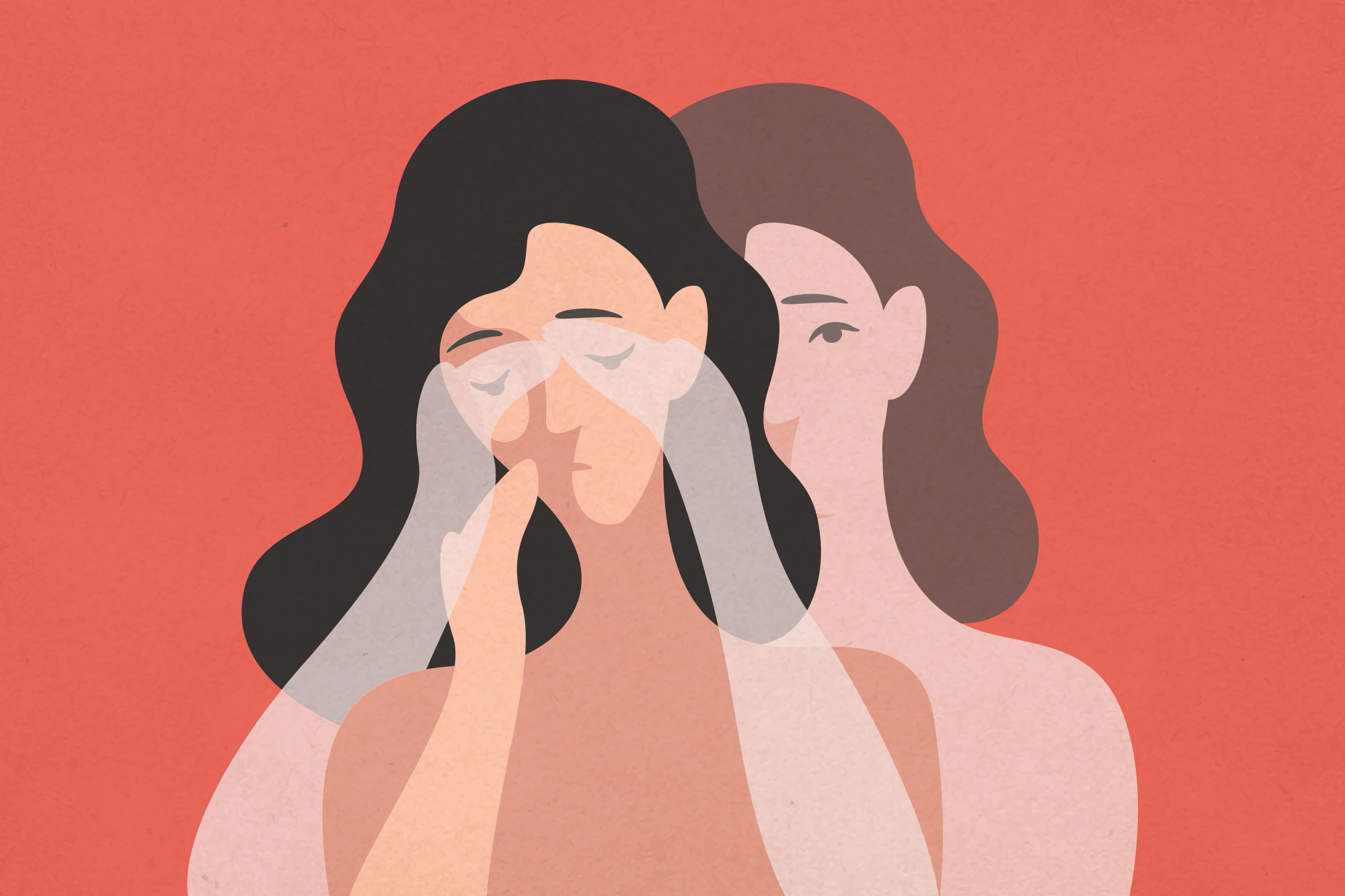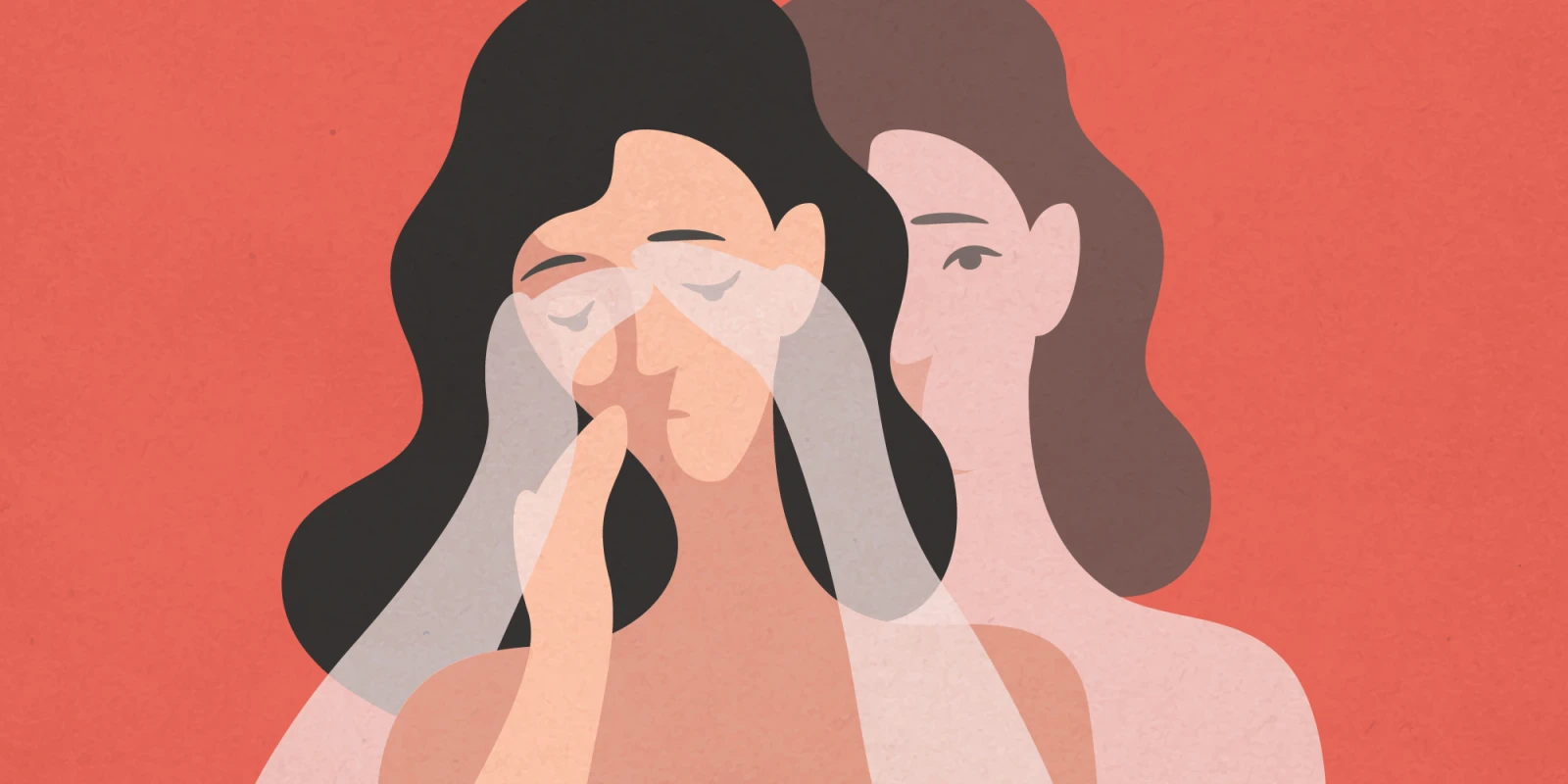
Being happy and healthy, I discovered, helps me be a better doctor to my patients. This simple truth wasn’t apparent to me earlier. It is only with time and experience that I started prioritizing my health and wellness, which requires daily intentionality.
Across the globe, health care workers are stepping up for this pandemic, even if they are exhausted and overwhelmed. Our training has always been about providing excellent patient care above all else. However, prioritizing the wellness of front-line providers is paramount. Only then can excellent patient care be effectively delivered. This simple fact doesn’t seem obvious to healthcare systems.
I hope this pandemic changes the culture of medicine to first focus on clinicians. We must stress the importance of assessing and improving our wellness above — I dare say — patient care. Only then can we consider serving others, perhaps even well beyond our capacity, especially during a pandemic.
We spend most days in hospitals, clinics, ambulances, or such, themselves steel and concrete containers for pain and human suffering. We are bound to be affected by what we see, even if it isn’t apparent. Most people do not witness extreme suffering every day or stare into the face of misery regularly. The news can sometimes be the only connection to profound misery. Health care workers in acute care settings, rescue workers in conflict zones or areas affected by natural disasters, soldiers at war, and firefighters, all witness extreme human conditions routinely. They find a way to cope so they can do their job well.
What is the cost of this stoic behavior that we falsely term professionalism? Chronic and endemic suffering are the results of a system that lacks checkpoints to assess the impact of our work on our health. Life can unravel quickly, especially if faced with a personal calamity on top of it all. Trainees survive on multiple cups of coffee or Red Bull-like stimulants to stay awake on shifts. Members of a medical team involved in the bloody resuscitation of a trauma patient may find solace in a couple of drinks after work. Dealing with extreme human suffering often unmasks underlying health issues in the provider; silent battles with addiction and mental illness present in a manner of forms, such as the nurse who abuses opiates, the functioning alcoholic physician, or the trainee with an eating disorder.
Exposure to human tragedy is troubling. Whether it is on the news or when we encounter a personal tragedy, it takes a toll. Then why are we complacent when it directly impacts frontline providers, the ones we rely on to help us, when tragedy, illness, and injury comes knocking at our doorstep? It is time to take stock of our inner workings before we take on the pain of others. We can meditate, exercise, do yoga, and eat healthily. We also need access to professionals in our workplace with whom we can consult when distressed. Sometimes, one could simply need a few days off to rest and spend time with loved ones. Other times, one may need professional help for an underlying condition made worse by our experiences at work. We must advocate for a process that allows for comprehensive evaluations of all health care workers with ready assistance without punitive consequences.
As health care workers, we are masters of masquerades. We know how to mask our pain so we may effectively serve others. We are well aware of the consequences if we bring up our health issues. Health care professionals are part of the fabric woven into the society that chooses to empathize with what is tangible. Cancer, fractures, and physical disability evoke feelings of concern and care. Conversely, mental health and addiction threaten to blame the individual, ostracize, and isolate the person suffering.
When a doctor orders an antibiotic, nurses, an infectious disease doctor, and a pharmacist will review the order. Just one example of three different checkpoints to ensure patient safety. What about health care worker safety?
It is tragic when a suffering person shows up to work to care for others. Often, unhealthy coping mechanisms help accomplish this. This compromises patient safety. Burnout, physician suicide, and addiction amongst health care workers have reached epidemic proportions. The burden of electronic medical records and the time spent away from patients also contribute to this. We need to address these issues urgently.
We are quick to reprimand a doctor when a medical error is detected. Yet, we ignore the sleep deficit or ongoing personal issues. The emergence of wellness committees is helpful. But we also need effective, measurable tools to ensure ongoing wellness. Health care worker's avenues for health care should not be composed solely of an annual checkup and a helpline number. Awareness is the first step. If we can develop vaccines, improve cancer survival, and rise to help out during a pandemic, then we can help ourselves. We need administrative support for these three steps to ensure care for the caregiver: prevention, care for those afflicted, and follow up to monitor for relapse. Mental health professionals for front line providers are also crucial. Just like critical care providers are for COVID-19 patients. There needs to be ample support, especially if we want to ensure the longevity of health care workers in the field of medicine after this pandemic.
Highly skilled, motivated, and conscientious individuals chose the difficult yet immensely gratifying path of being a health care professional. Studying rigorously, training mercilessly, and working tirelessly to make society healthier is not easy. It is time to make wellness and self-care in health care a mandatory requirement right from the start. To be a frontline provider during a pandemic is not something one expects, let alone prepare for it. Hopefully, we use this crisis as an opportunity to incorporate some very valuable lessons. Let us continue saving lives. Let us also heal the healer.
Sonali is a Critical Care Physician, Simulation Educator, Dancer and Yoga teacher. Originally from India, she is based in New York and has over five years of experience as a Consultant. Currently on a sabbatical, she is devoting her time to family abroad, travel and creative pursuits
Click here to see more perspectives on COVID-19 from the Doximity network.
Click here for up-to-date news about COVID-19 on Doximity.







